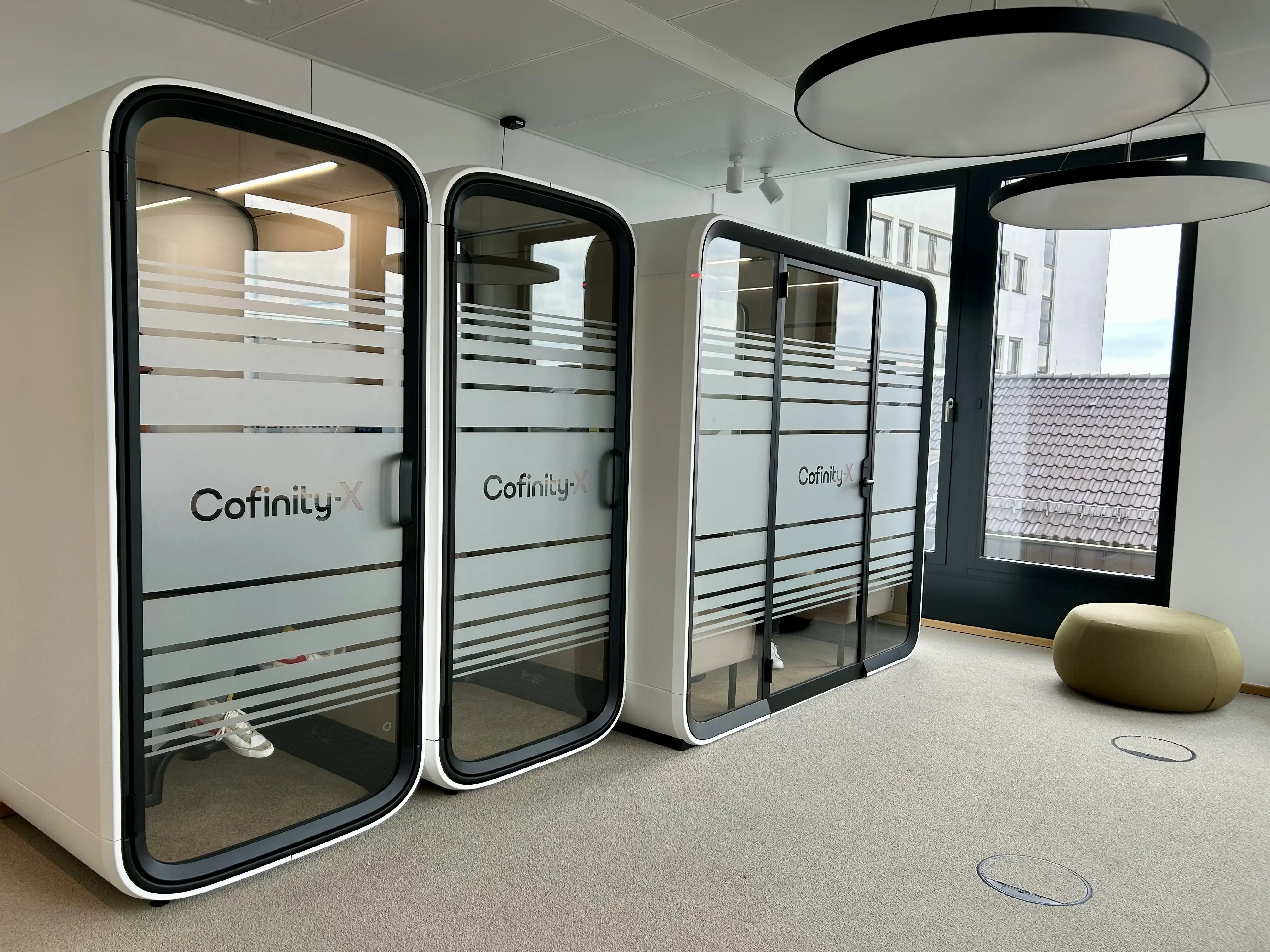What are Eclipse Dataspace Components connectors (EDC)?


Eclipse Dataspace Component (EDC) connectors make secure data exchange possible in Catena-X and other dataspaces, enabling use cases like traceability, quality management or Product Carbon Footprint (PCF). Learn more about dataspace connectors and why using a hosted solution makes sense.
Connector basics
An EDC connector is a core technology enabling secure and sovereign data exchange within dataspaces, such as Catena-X. The connector is designed to manage multiple processes. It allows organizations to publish data offerings to a shared catalog and to discover offerings from others. Furthermore, it provides means to get access to the data offerings by negotiating access agreements between the consumer and the provider. This process includes authentication of both parties via their unique identifiers and establishing the conditions under which data can be accessed. Once the contract is in place, the connected partners can then initiate peer-to-peer data exchange without the need for an intermediary, such as a notary, to be directly involved.
The connector is historically based on the ideas of the International Data Spaces Association (IDSA) and was largely developed by IDSA partners, including Fraunhofer ISST and Microsoft. Catena-X has refined it for industrial-grade applications, with significant support from the Tractus-X community. Consequently, the EDC connector adheres to IDSA and Gaia-X principles, as well as European data sovereignty standards. Software engineers may appreciate viewing the source code of the project here.
Enabling a broad range of use cases
As mentioned above, the connectors form the basis of participation in the dataspace. Once set up, the EDC connector provides access to multiple use cases with significant potential for savings and value creation. Although they were originally industrialized for Catena-X, the automotive industry’s dataspace, the use cases are largely cross-industry. Examples include traceability, quality management, compliance, demand and capacity management, or product carbon footprint (PCF) tracking. The following success stories illustrate how companies in the automotive value chain are achieving tangible results such as faster processes, lower costs and greater supply chain resilience through Catena-X. None of this would be possible without each partner being connected via an EDC connector.
Koller Kunststofftechnik
This manufacturer of injection molded parts for the automotive industry digitalized its production to enable traceability according to OEM requirements. The Catena-X solution helped them achieve 51% faster OEE calculations, 15% less energy consumption, and secure data exchange with their automotive partners.
Witte Automotive
This solution provider for locking and actuating systems collaborated with SAP to lead the way in decarbonizing their supply chain. They achieved this with standardized PCF data exchange via Catena-X along with automated data flow from their S/4HANA ERP system. Now their calculations are up to five times faster compared to Excel-based methods, savings them thousands of euros on each PCF calculation.
Denso Global
This automotive systems and parts manufacturer has become the first company headquartered in Japan to acquire EcoPass certification from Catena-X. This milestone supports the future of digital product passports, such as battery passports, helping value chains meet growing demands for transparency, compliance and sustainability.
Dataspace OS – the all-in-one EDC connector by Cofinity-X
In addition to being the first operator for the Catena-X dataspace, Cofinity-X offers Dataspace OS . Dataspace OS is our connector app that enables you to seamlessly integrate into the Catena-X ecosystem and exchange data. It includes all the technical components necessary for participation in the dataspace, guaranteeing security and adherence to OEM and legal requirements. Leveraging our ready-to-use EDC connector offers clear advantages for companies of all sizes looking to join Catena-X quickly and securely. It reduces development time and costs while ensuring built-in compliance with data sovereignty standards. This allows you to focus your IT resources more on value creation rather than infrastructure.
The pros of a hosted connector
- Easy to implement
Building a connector from scratch is a complex process. You will need to understand the EDC implementation and technical dataspace specifications as well as complying with evolving standards. Moreover, you will need to maintain the solution in the long term. Connector-as-a-Service solutions allow you to get started quickly without requiring in-depth technical knowledge.
- Economies of scale
The EDC connector is a basic technology. The operation itself is not a core competence or focus areas of most companies. A hosted solution offers economies of scale.
- Save costs and gain more functionality
Avoid the expense of building your own EDC connector. With hosted solutions you do not only save money. Some connectors like Dataspace OS also include powerful extras, such as an Asset Administration Shell and a Digital Twin Registry.
Related links
- Read the International Data Space Associations’s definition of a dataspace connector.
- Read the European Commission’s definition of a dataspace connector.





.webp)
-20250428-122025.png)


